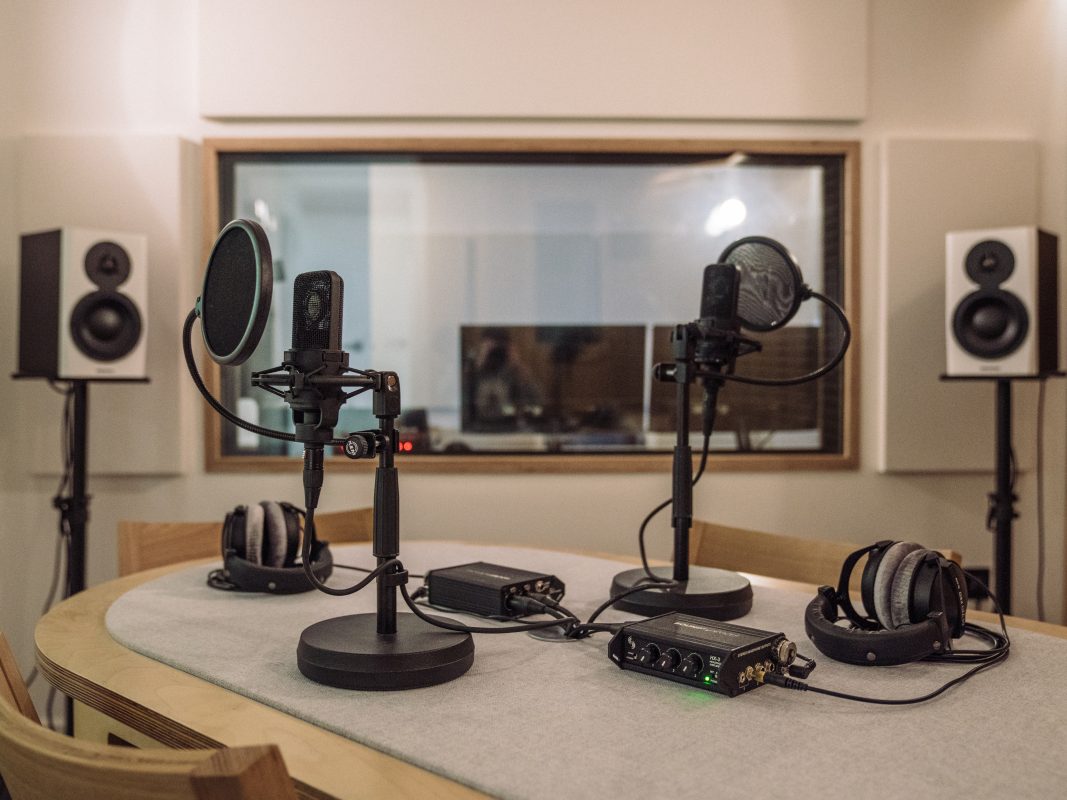

If you want to eat right, then we’ll go into detail during the show. Have I got one heck of a show lined up for you today! We’ll be discussing some great meal planning tips, calorie dishes, snacking treats, foods to avoid, and a whole lot more. For example, your introduction should be short and to the point (aim for 10 - 15 seconds), giving listeners a glimpse without bombarding them with information, like this ( GOOD): Hi and welcome to my podcast where I’ll be discussing ways you can eat healthy meals on a budget!Īvoid overloading your introduction ( BAD): Hi! Welcome along to my really awesome health eating podcast. Don’t add unnecessary words or sentences that don’t add to what you’re trying to say. When writing a podcast script, try and keep it as tight as possible. You have just a few seconds to convince your listeners why they should stick around. Your podcast intro is the first impression, so you better make it count by injecting your personality and branding from the get go. According to Statistic Brain, the average attention span in 2015 was 8.25 seconds, down from 12 seconds in 2000. Including Personality & Branding (The Sooner The Better)Įveryone seems to have shorter attention spans these days. Music Jingle: Plays at the end of each episode so listeners can easily identify your podcast (30 seconds).Closing Remarks: Thank the listener and talk about your next show (2 minutes).Outro: Summary of theme and topics with conclusion (5 minutes).Topic 3: Continuing discussing your topics (10 minutes).Interlude: Music break or sponsor ad (30 seconds).Topic 2: Discussing your topics in detail (10 minutes).Topic 1: Setting up your theme and topics (5 minutes).Music Jingle: Plays at the start of each episode so listeners can easily identify your podcast (30 seconds).Intro: Who you are and what you’re going to discuss (30-60 seconds).When you have a rough outline of what you want to discuss, structure your episode point by point like this: Topics: Meal planning for the week, 200-400 calorie dishes worth trying, snacking right, and what foods to avoid.Theme: Eating healthy meals on a budget.Using the guide above jot down an overall plan on what you want to cover in your episode, like so.


Topics: Do you have something in mind that you want to discuss? Does it fall into your theme?.Theme: What will your episode be about? Do you have an overall theme that your topics will fall under?.

That’s why you should have a loose structure.Īs each episode is different, they should have their own themes, topics, and length to distinguish themselves apart. Podcasts are intimate, you’re talking directly to someone so you need to be conversational. Listeners will be able to tell and it will sound stiff and uninspiring. Talking from a script doesn’t mean reading big chunks of text word for word. In many ways, it’s easier to follow a script so you have an outline of what to cover (for now at least). Whatever type of podcast you have in mind, it makes sense to plan and structure everything out so you can present the best shows as possible.


 0 kommentar(er)
0 kommentar(er)
